epilepsy in cats uk
Epilepsy is a common problem in dogs and cats and can be very distressing for patients and owners. Correct diagnosis of epilepsy in cats and dogs can be challenging and this is paramount for management of the case and owners expectations.
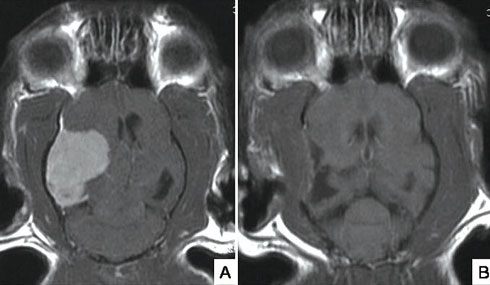
Seizures Epilepsy In Cats International Cat Care
The age of dogs with primary epilepsy is between 6 months and 5 years.
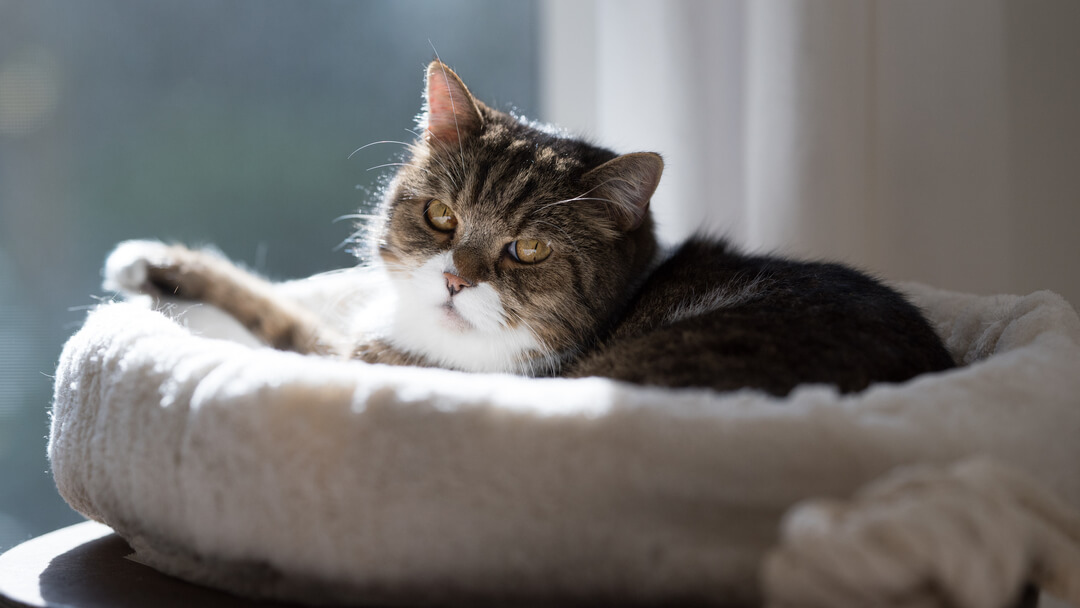
. Epilepsy is a common neurological presentation in general practice. A total of 285 547 cats under veterinary care during 2013. Cats can though develop Epilepsy of Unknown Cause EUC which appears similar but does not have a genetic cause and is probably due to microscopic damage to brain tissue but no-ones certain if its just one disease or several very similar ones.
To report the prevalence and risk factors for recurrent seizure disorders RSD and epilepsy in cats presented to primary care veterinary practices in the United Kingdom UK. Little epidemiological evaluation of recurrent seizure disorders in cats currently exists in veterinary literature. For the seizures and the animal is otherwise healthy.
Idiopathic epilepsy is a disorder in which seizures fits occur repeatedly. Epilepsy is a neurological disease that affects many different animals including human beings. Epilepsy also known as status epilepticus is brain disorder that causes cats to have recurring unforeseen and uncontrollable seizures while conscious or unconscious.
It is essential to note that not all seizures affect a cat with this temporary. While the true incidence of primary epilepsy in cats is unknown it has been suggested that between 21 and 59 of cats with seizures are primary epileptics. 25-33 of dogs with epilepsy will require more than one medication in order to control their seizures.
A generalized or grand mal seizure happens when there is abnormal electrical activity throughout the brain. In secondary epilepsy the cause can lie in the brain itself but also outside it for example a liver function disorder low blood sugar oxygen deficiency abnormalities in the pancreas. They usually start to show signs of epilepsy at around 2-3 years old although it can develop at any age.
The symptoms of a partial seizure in cats can include. In this course we will discuss the different pathologies that. These seizure activities generally last between 30 and 90 seconds.
Consequently a cat having a single epileptic seizure does not have epilepsy as the seizures are not recurrent. It may become stiff chomp its jaw salivate profusely urinate defecate vocalize andor paddle with all four limbs. Once the seizure begins the cat will fall on its side.
An epileptic seizure is not a disease entity in itself but a clinical sign generally indicative of a forebrain disorder. Read customer reviews find best sellers. Collapsing foaming at the mouth twitching of the legs severe muscle spasms of the whole body loss of consciousness and involuntary urinating or defecating.
In certain cases it can be difficult to distinguish the symptoms of cat seizure from other behavioural causes. Sometimes the seizure begins as a result of damage to the brain but usually there is no apparent reason. When this occurs the cat may appear frightened and dazed or it may hide or seek attention.
Similarly the term epilepsy is not a specific disease but the term used to define recurrent epileptic seizures. Epilepsy in cats and dogs. Epilepsy in cats and dogs.
Overall this study provides good foundational data to suggest an overall RSD prevalence of 016 of cats in the UK with 2489 of them 004 of all cats being classified by regular veterinarians as epileptic. Ad Enjoy low prices on earths biggest selection of books electronics home apparel more. Owners of an epileptic pet may experience the distressing sight of them having a seizure.
Certain breeds are more likely to develop it than others including. Epilepsy can happen in any pet but dogs are more likely to suffer from it. If these seizures are caused by unknown reasons this is called idiopathic epilepsy.
Loss of bladder or bowel control. It is not easy to indicate an age category for cats. It may occasionally be referred to as Primary Epilepsy.
There are a various amount of signs that come with a cat having a seizure. Known causes for seizures include congenital defects abnormal glucose. Increasing age increased the risk of RSD however cats 3-6 years old had the highest risk of epilepsy.
In some animals an underlying cause of the condition can be identified such as inflammation of the brain a malformation or even brain tumours but in many patients the condition is termed idiopathic when no obvious underlying cause can be. We normally recommend epilepsy is treated when more than two seizures occur in a six month period. 15900 VAT.
The same may be true for cats. Epilepsy In Cats Uk. Browse discover thousands of brands.
The severity of seizures should also reduce. Epilepsy in Cats.
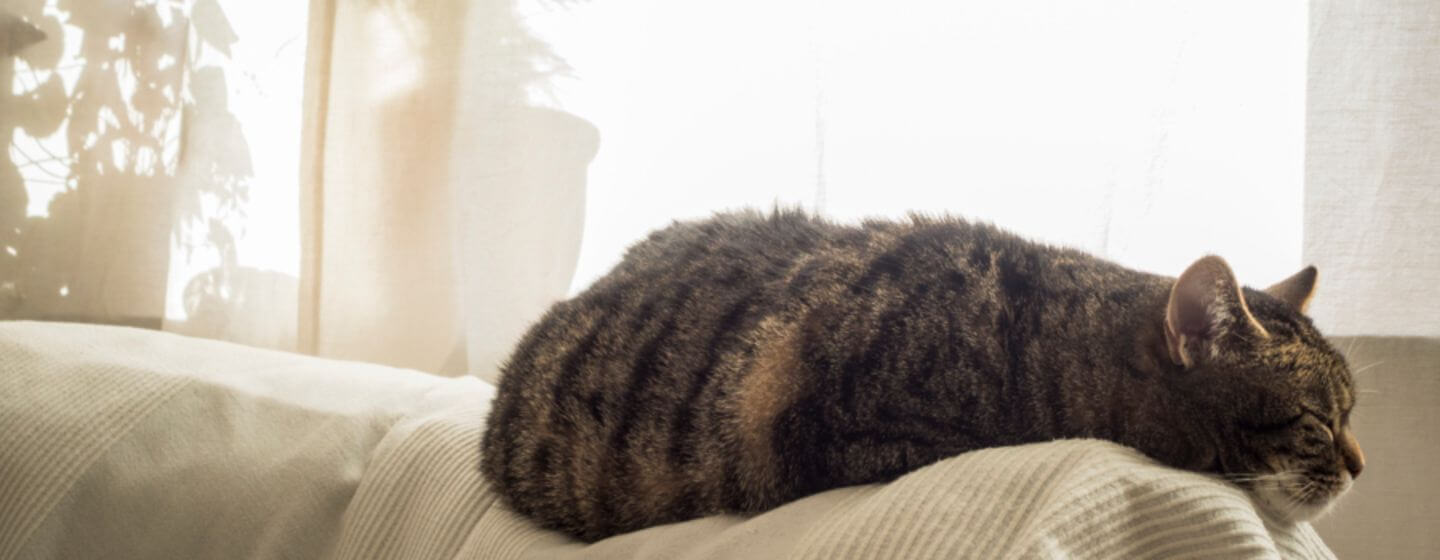
Cat Seizures In Older Cats Symptoms Treatment Purina
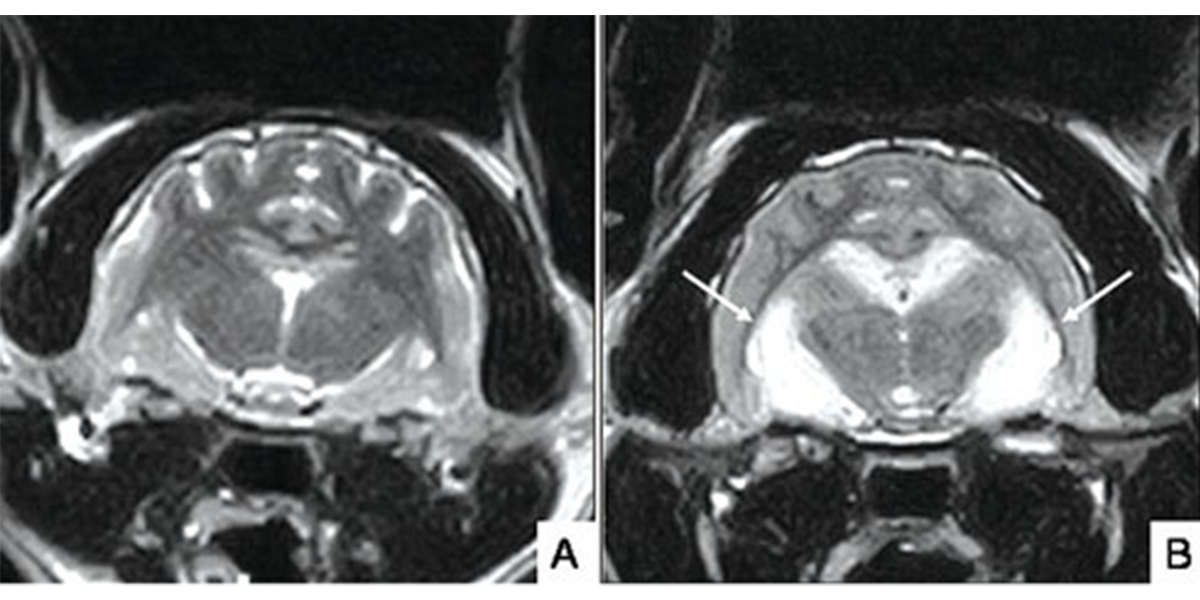
Seizures Epilepsy In Cats International Cat Care
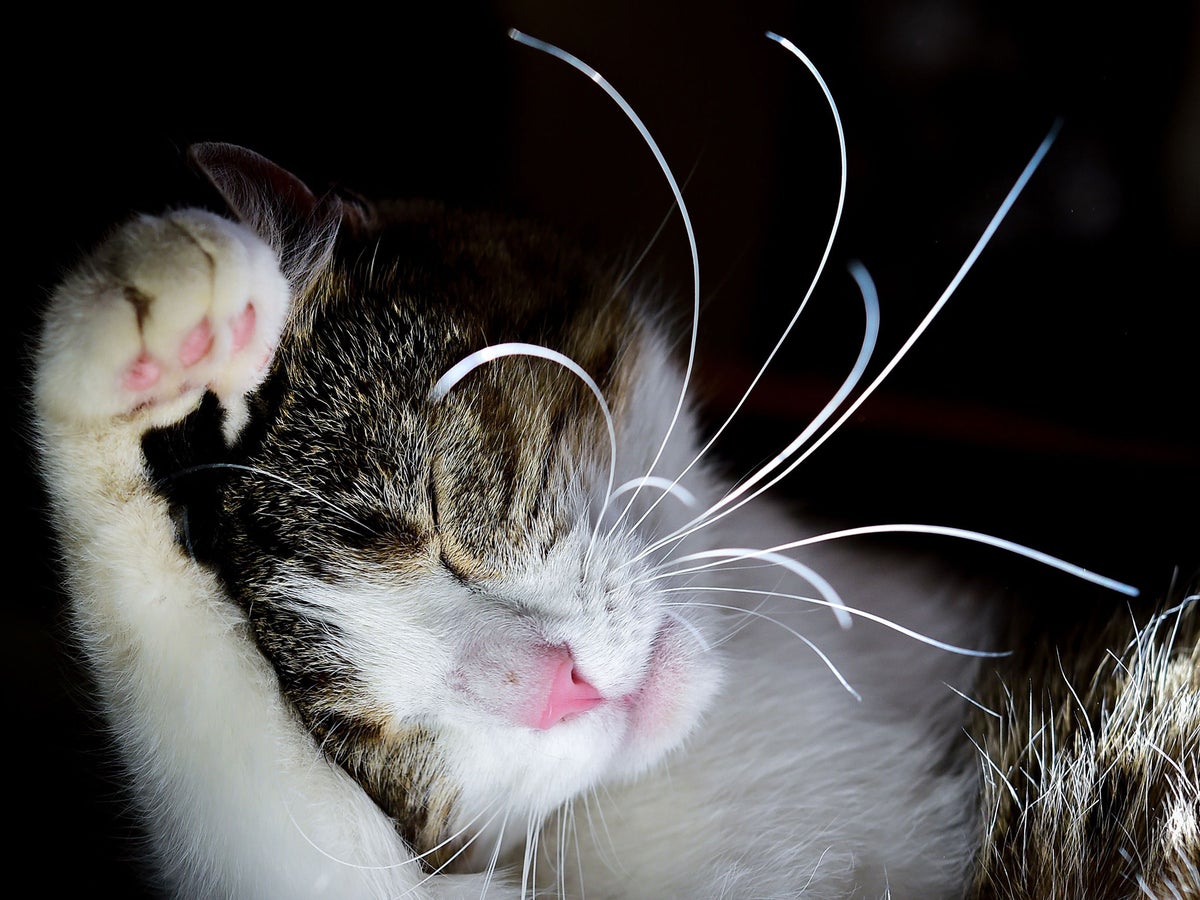
Cat Seizures Can Be Triggered By High Pitched Noises Including Tin Foil And Jangling Keys Experts Find The Independent The Independent

Understanding The Impacts Of Feline Epilepsy On Cats And Their Owners Henning 2021 Veterinary Record Wiley Online Library
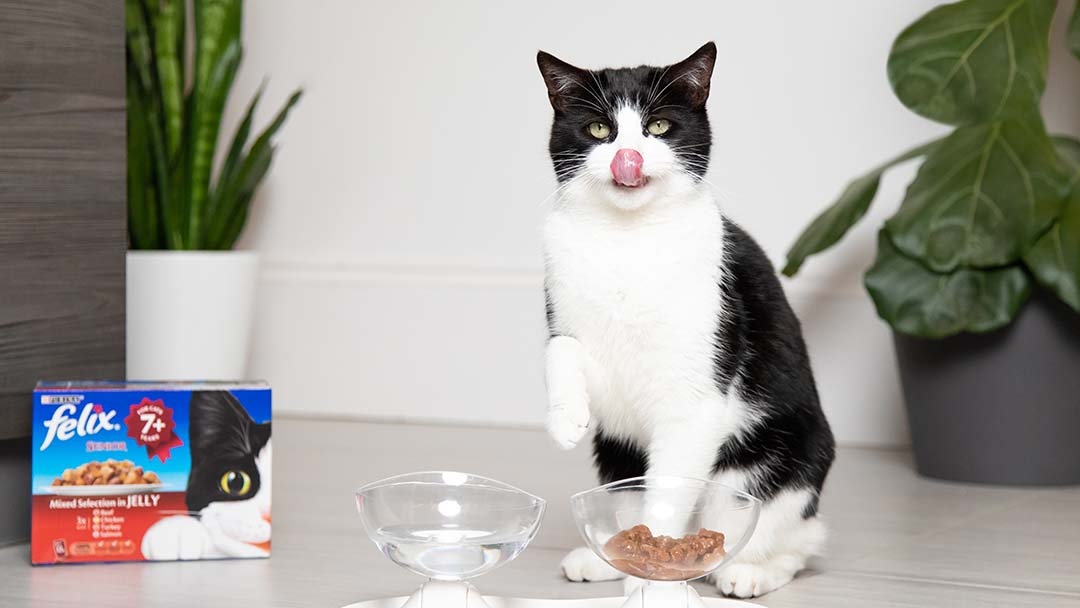
Cat Seizures In Older Cats Symptoms Treatment Purina

Epilepsy In A Cat Cat Health Youtube

Partial Seizures In Cats Compared To Dogs Cats Are More Likely To Have Partial Seizures Rather Than Full Generalised Seizures This Can Be Small Movements Such As Lip Licking By
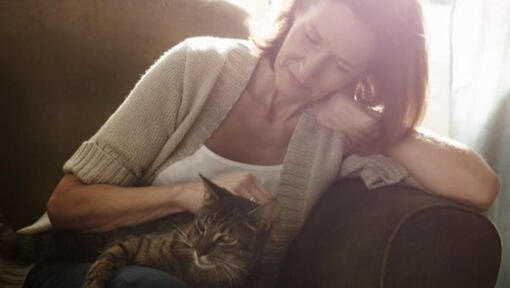
Cat Seizures In Older Cats Symptoms Treatment Purina
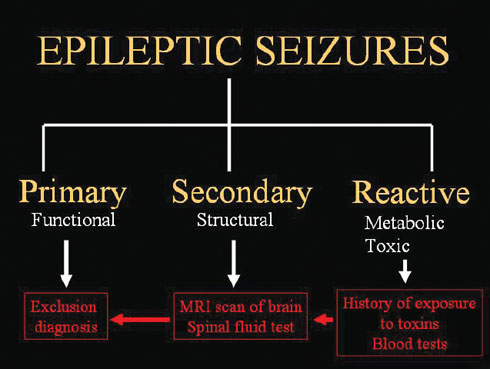
Seizures Epilepsy In Cats International Cat Care

Cat Seizures What To Look For Uks 1 Pet Blog

Royal Veterinary College Canine Epilepsy Research Did You Know That Cats Can Have Epilepsy Too We Ve Got A Questionnaire About Our Feline Companions This Month We Need Owners Of Cats Both
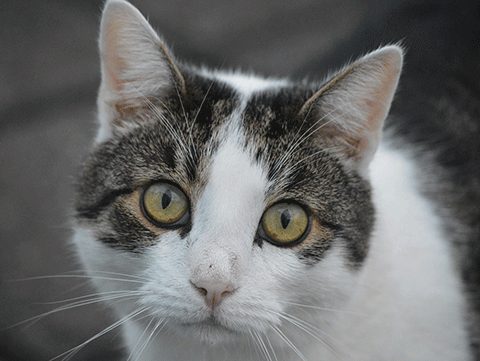
Does My Cat Have Epilepsy Goddard Veterinary Group
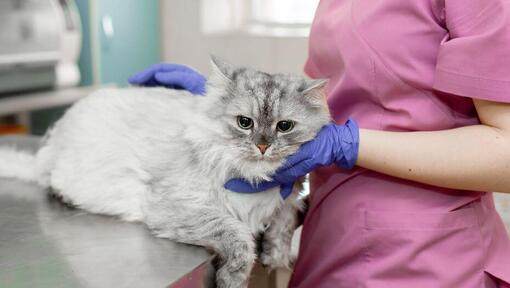
Cat Seizures In Older Cats Symptoms Treatment Purina
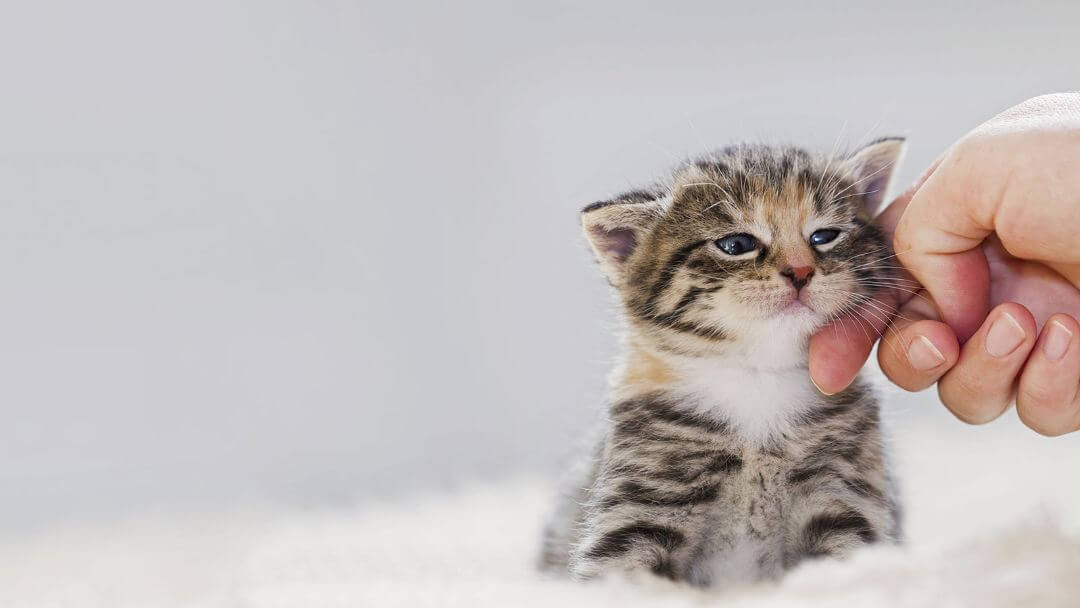
Cat Seizures In Older Cats Symptoms Treatment Purina

Cat Epilepsy Signs Triggers And Life Expectancy Aspca Pet Health Insurance

Cat Seizures In Older Cats Symptoms Treatment Purina


